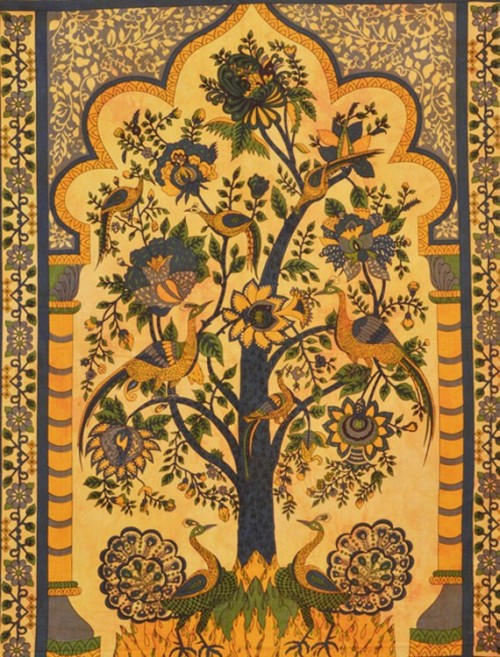Breaking is those hated, inappropriate tears that come, because I know the right questions to ask.
Breaking is cracking the shell, when he opens up but never talks to me again. Breaking is the glimpse I don’t deserve, the one that never lasts.
Breaking is spelling out the word “cappuccino,” because of its novelty, because it’s a rich person’s thing, a thing to tell, to show, to spell. The hysterical laughter at the leaf in the foam.
Breaking is when I see things I should not see.
Breaking is the old man across my mountain of fish, plantains, vegetables chewing on his plain potatoes, staring absently. Alone.
Breaking is the layer of skin forming on the old man’s hot tea, and the clothes that are too big on him, too stiff, destined to carry to the grave—Him. Us. Whether it’s time or not.
Breaking is the disbelief of a slum dweller in the UN (“It’s so big!”). Breaking is its very rarity.
Breaking is a body in the middle of the street, naked, buses swirling out of their way, avoiding contact because it slows down business. Breaking is not knowing death from drunkenness.
Breaking is a waiter asking “Would you like lemon with your Pimms?” and the fact that he really means it. That this could matter to him.
Breaking is the dead pig in the river, swollen, grey, and children throwing stones at the other pigs, calling them by name.
Breaking is his red eyes, infected, in the fumes of burnt plastic, batteries, flesh.
Breaking is the “thank you” after another unaffordable meal afforded—For him. His family. When he can’t. The endless thanking.
Breaking is the sullied and ripped, sparkly dresses on little girls in the mud.
Breaking is that smell.
Breaking is having doubts—about trust, about security, about life.
Breaking is nervously looking out of the taxi, making sure you are on the right road.
Breaking is when it becomes a habit.
Breaking is trying to explain—blank stares on beloved faces.
Breaking is when he orders the largest coffee available. His eating an opportune meal.
Breaking is the sign by the city’s dumb site “Don’t throw away your baby.”
Breaking is a man who says “I don’t know what to do.”
Breaking is when I can’t sleep at night.
Breaking is the insistence that he’s not a criminal and does not want to be one, that he wants to earn his living “with his sweat,” the doubt so obvious in his voice, his look.
Breaking is that I get it. I won’t blame him.
Breaking is the waiting eviction notice. The inevitable, patient state. State of affairs, state of being, state of desperation.
Breaking is being let into a ministry and given insider contacts because of the color of your skin. No questions asked.
Breaking is avoiding people, because what can you realistically talk about?
Breaking is when the libido is numbed by the shit filling your head.
Breaking is when the act is desperate, beautiful, the thing that might save you.
Breaking is feeling pretentious because of my inability to deal, to adjust, to care for the things that should matter in my life.
Breaking is being surprised at a slum resident’s brains. And being appalled at the inability of so many in power.
Breaking is the hands on his face when he thinks of my leaving, when the challenge, the investigation is over.
Breaking is the question “When will you come back?”
Breaking is what I do. Be it an inherited masochism or one acquired—with too much alcohol, too many worries, too little sleep, too many places not-to-go, too many thoughts not-to-think.
Only few will understand. But they are there, those few.




